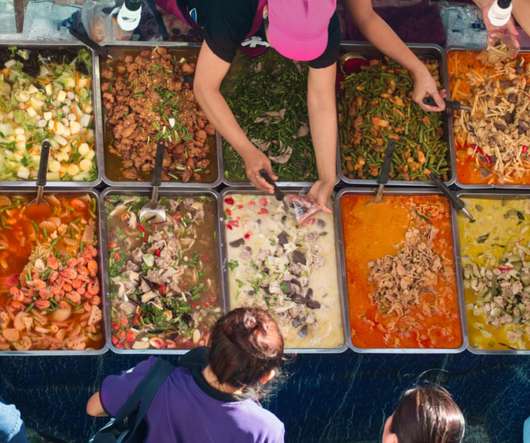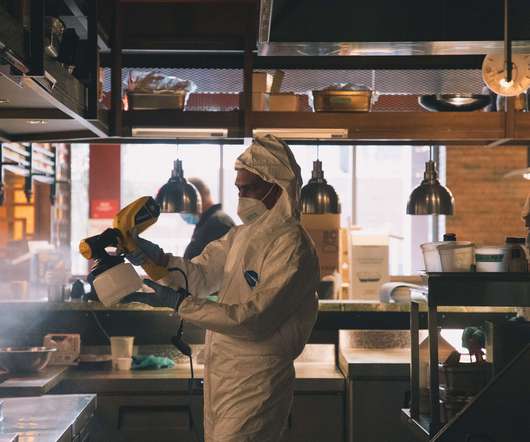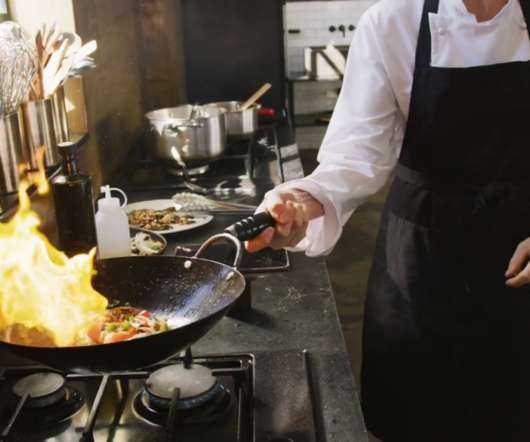Tips For Restaurants to Reduce Food Waste and Save Significant Money
Modern Restaurant Management
MARCH 9, 2022
The restaurant industry loses an astounding $162 billion each year in food waste. All restaurants should proactively work to reduce food waste, which will also help you save money, increase profits, spotlight your commitment to sustainability, and help the environment. Between a third and a half of food is wasted worldwide annually.

























Let's personalize your content